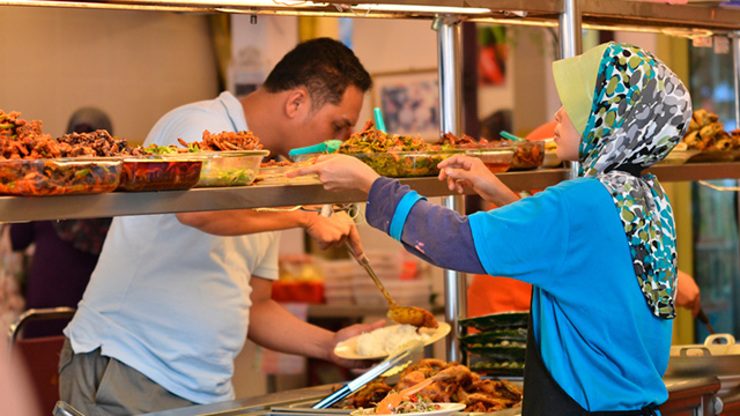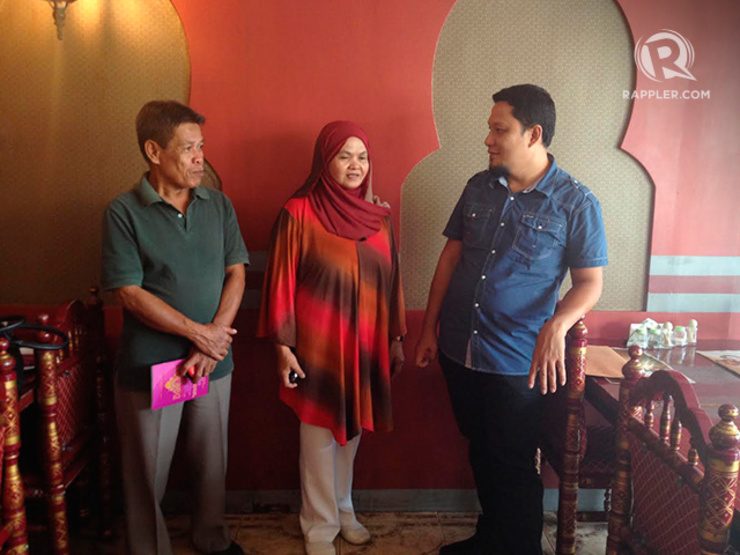SUMMARY
This is AI generated summarization, which may have errors. For context, always refer to the full article.

The Philippines has only 3 accredited halal-certifying bodies.
“We’ll dwarf because of ASEAN. We’ll not have an advantage because of the borders we made,” she told Rappler. (READ: Missing out on the halal niche)
Malaysia remains to be the world’s friendliest destination for Muslim travelers, according to a study conducted by Crescentrating this year, and Diampuan says they envision the Philippines to be just like that.

Unlike Malaysia and Indonesia, the Philippines does not have a government agency that has control of giving halal certifications. This was after the Supreme Court in 2003 nullified a law that gave the Office on Muslim Affairs (now the National Commission on Muslim Filipinos or NCMF) the power to regulate products acceptable to Muslims.
Today, certifying products as halal have been left to Islamic non-governmental organizations.
Alejandro Deron, AHIP president, said there are actually 18 halal-certifying NGOs in the country which are recognized by the Department of Trade and Industry (DTI).
However, out of the 18, NCMF accredits only 3 of them:
- Halal International Chamber of Commerce and Industries of the Philippines in San Juan City
- Mindanao Halal Authority in General Santos City
- Mindanao Halal Certification Board in Cotabato City
Regulating products, especially food, to meet the Islamic standards goes beyond testing the presence of pork substance in samples. Certifiers also need to detect acceptable level of alcohol and blood in the products – all requiring stringent laboratory processes.
The ease of finding halal food, and even finding a place to perform Islamic prayers, remain a challenge in Christian-majority Philippines, except in the Autonomous Region in Muslim Mindanao.
The Philippines, said Diampuan, needs to catch up.
“They should know that it’s not about religion. It’s about being inclusive. Sixty percent of ASEAN’s population are Muslims,” she said.
“Halal means inclusion. It’s for everyone. It could also unite us together in ASEAN,” she said.
AHIP is slated to gather some 300 halal industry stakeholders during the Philippine International Halal Forum on Monday, October 27. – Rappler.com
Muslim lady preparing halal food image from Shutterstock
Add a comment
How does this make you feel?
There are no comments yet. Add your comment to start the conversation.